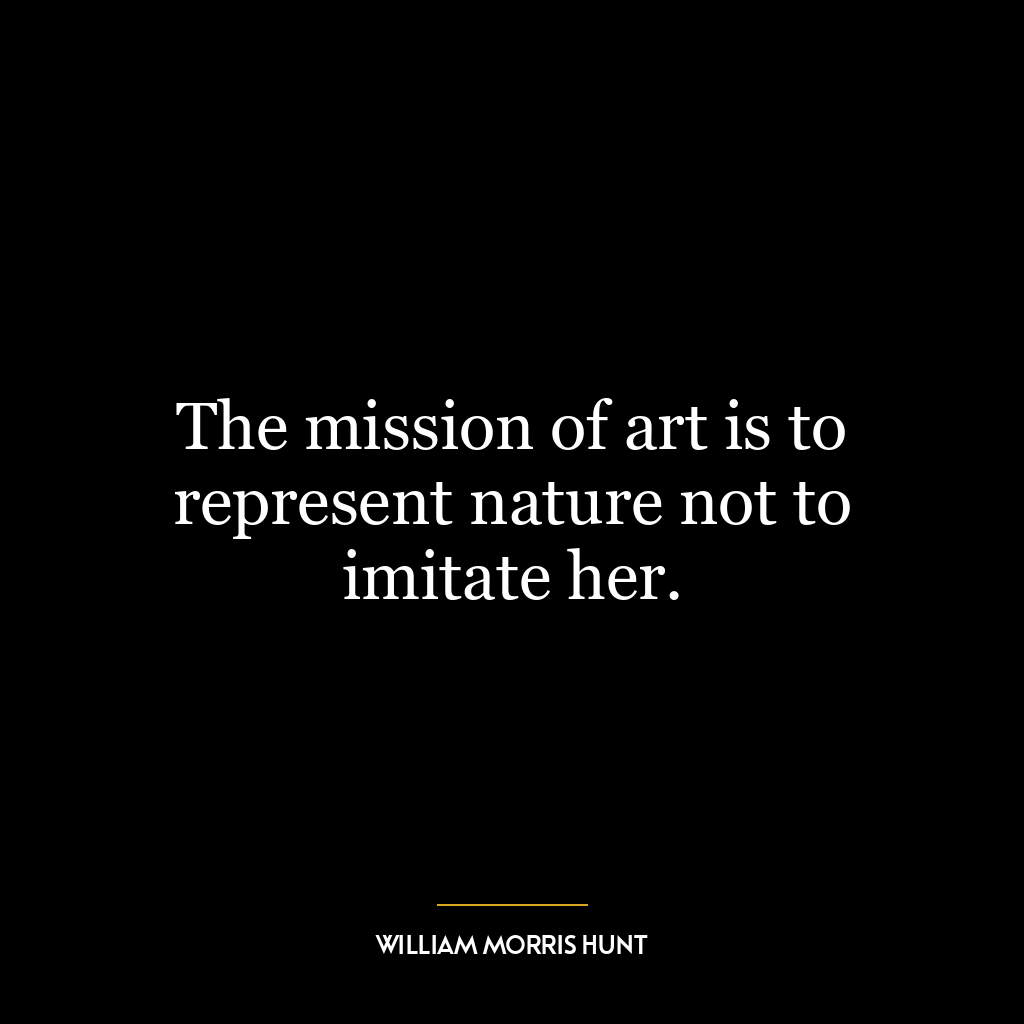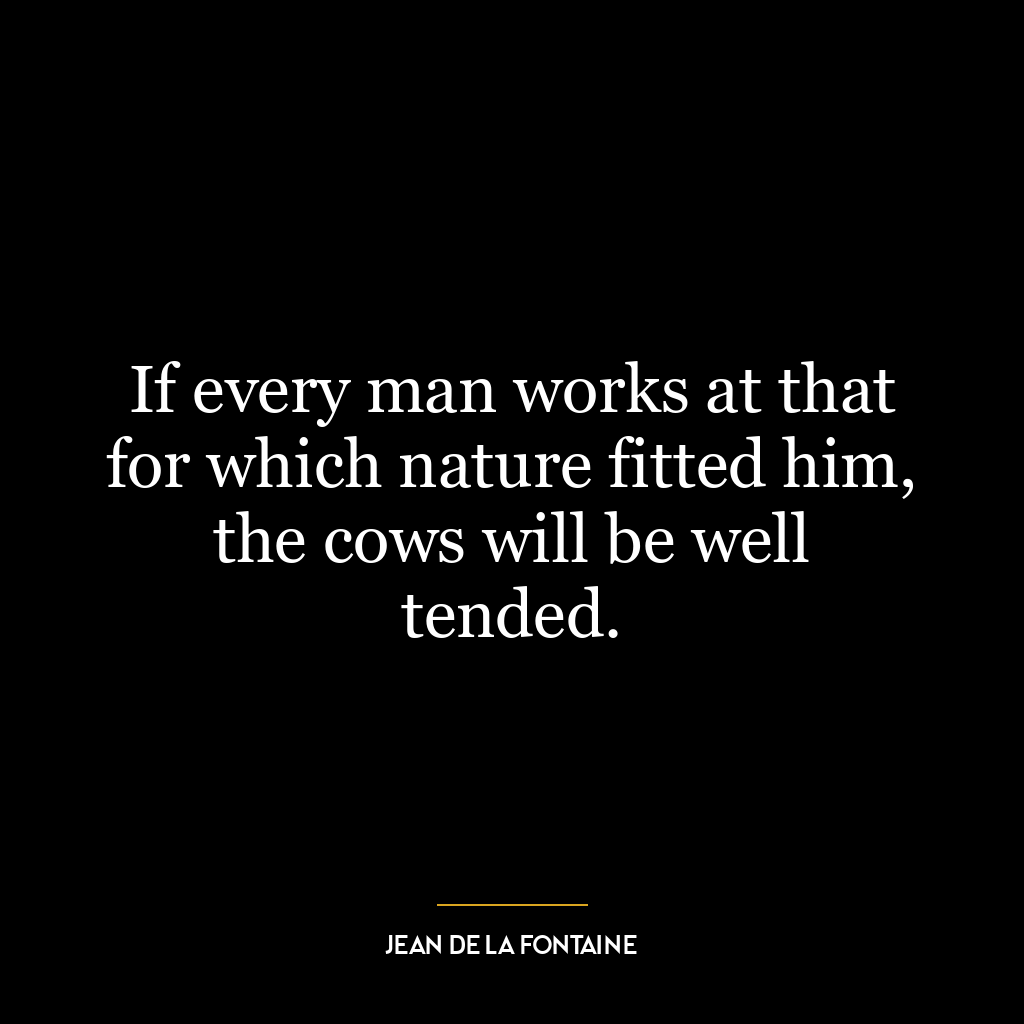His will cannot be neutral or ‘free’ to act contrary to his nature.
This quote suggests that one’s will, or their capacity to make conscious choices and decisions, is inherently bound by their personal nature. In other words, our choices and actions are not truly “free” in the sense that they are always influenced by who we fundamentally are – our values, beliefs, experiences and so on. This implies a deterministic view of human behavior where people cannot act against their own character.
Applying this idea to today’s world or personal development could suggest that understanding your own nature is crucial for growth. For instance, if you know you’re naturally introverted and prefer quiet environments over crowded ones, it would be counterproductive to force yourself into situations that cause discomfort such as public speaking or networking events. Instead of going against your nature in an attempt to fit into societal norms or expectations, it would be more beneficial to find ways to leverage your natural tendencies towards success.
However, this doesn’t mean we can’t change aspects of our character over time through conscious effort. It suggests though that any lasting change comes from a deep understanding and acceptance of oneself rather than trying to become someone completely different.
In the realm of decision-making too – whether it’s about career paths or relationships – acknowledging the influence of one’s inherent traits can lead to more authentic choices which align better with one’s true self.
In essence then: knowing thyself – understanding your core values and personality traits – is key not only for making decisions which feel right but also for fostering personal growth which feels natural rather than forced.








